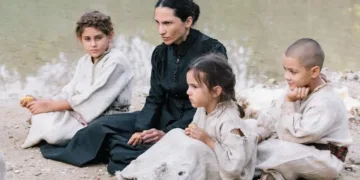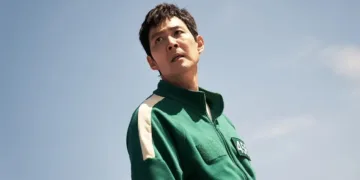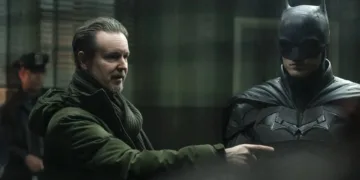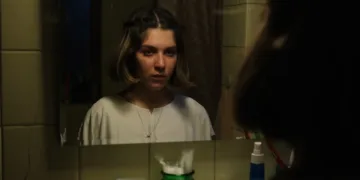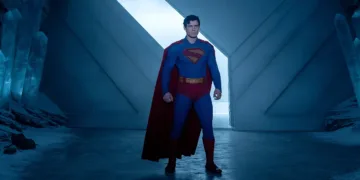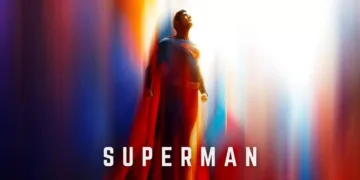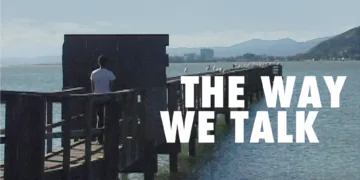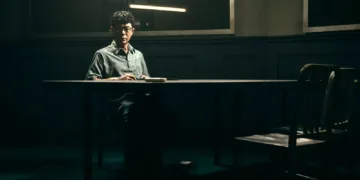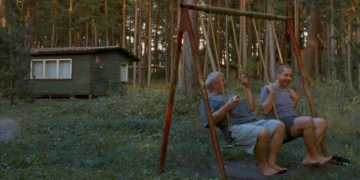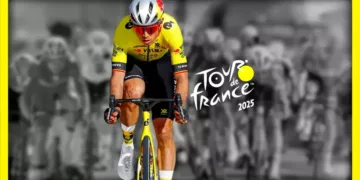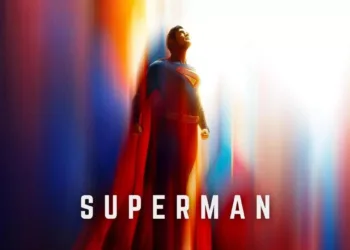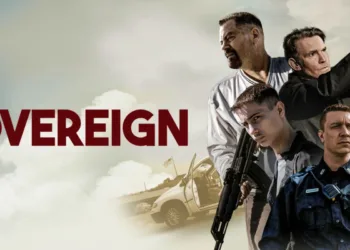Robert De Niro will star opposite Jenna Ortega in Shutout, a character-driven drama directed by David O. Russell and written by Alejandro Adams. The film will be introduced at the upcoming Cannes Film Market by Black Bear, with CAA Media Finance overseeing domestic rights. Produced by Russell, Joe Roth, Jeff Kirschenbaum, and Mark Bomback under the RK Films banner, Shutout is set in the world of high-stakes pool and explores the shifting dynamic between a seasoned hustler and a rising talent.
De Niro plays Jake Kejeune, a longtime figure in underground pool circles. Years of competition in smoke-filled backroom halls have left him with sharp instincts, hard-won experience, and few illusions. He crosses paths with Mia (Ortega), a young player whose raw ability reignites something dormant in him. Seeing a chance to shape her into a champion, Jake offers guidance, pulling her deeper into the game’s hidden rules and unpredictable outcomes.
The story tracks the evolving relationship between mentor and protégé, with tension growing as Mia’s confidence strengthens and her ambitions take hold. The pool hall setting serves as more than a backdrop. It reflects a system built on deception, precision, and control—elements that bleed into their personal connection. The further they move into this world, the more Jake is forced to ask whether his influence has created something he no longer understands.
This marks the latest in a series of collaborations between De Niro and Russell, who previously worked together on Silver Linings Playbook, American Hustle, and Amsterdam. In each of those projects, De Niro played roles that dealt with fractured authority and complicated loyalty. In Shutout, those ideas surface again, now filtered through generational contrast and performance under pressure.
Jenna Ortega’s casting introduces a different kind of energy to the equation. After starring in Wednesday, Beetlejuice Beetlejuice, and entries in the Scream franchise, she arrives at Shutout with a public image shaped by genre titles and youth-centered projects. Mia places her in a stripped-down setting, focused on discipline, instinct, and power dynamics. Her role requires physicality, timing, and emotional control—traits she brings without relying on stylization or visual spectacle.
The film’s script positions Jake and Mia as mirrors and opposites. Jake operates through instinct and memory, trained by loss and repetition. Mia pushes forward with speed, gifted and unafraid, but untested. Their exchanges are shaped by silence as much as language. The stakes are internal as much as financial, and the outcome is never certain.
Producer Jeff Kirschenbaum of RK Films spoke to the draw of the cast and director pairing. “We’re excited to see Jenna step into the spotlight alongside these two cinematic icons,” he said. “It’s rare to support a project with this level of precision in casting and vision.”
RK Films has produced large-scale titles including Maleficent, Snow White and the Huntsman, and The Huntsman: Winter’s War. Shutout represents a move toward contained, performance-focused storytelling. It also reflects an industry trend in which companies blend legacy names with emerging talent to reach diverse audience segments across theatrical and streaming markets.
The script by Alejandro Adams centers on process and pressure. Adams, known for narrative experiments and compact character studies, brings a stripped-down approach. The focus is on cues, misdirection, and strategic patience. Rather than relying on exposition or backstory, the screenplay places viewers inside the frame as decisions are made in real time. Stakes emerge from consequence, not explanation.
David O. Russell’s directing style has often emphasized tightly wound character interplay. His work tends to foreground overlapping dialogue, mood shifts, and personal stakes. That approach may serve this material effectively. Pool, like filmmaking, relies on rhythm, balance, and a sense of timing. Games are won by inches. That logic applies to trust and betrayal as much as competition.
The production’s visual style is expected to lean into practical environments—dark rooms, stained felt, chalked cues, reflections in scratched glass. These textures anchor the film, shaping a space where control is partial and outcomes are never guaranteed. Jake and Mia both understand that any win can flip, any alliance can bend.
De Niro’s presence gives the film weight. His portrayal of Jake builds on decades of roles in which confidence and erosion coexist. He carries scenes without signaling. The quiet moments—pauses, glances, retracted gestures—do as much work as the lines. Russell’s direction tends to bring out this kind of detail in performers with range and patience. Ortega, whose recent work has demanded timing and control, is positioned to meet that challenge.
While set in the context of competition, Shutout is more interested in relationships than in sports drama conventions. The game offers structure, but not safety. Strategy is learned, but consequences aren’t always visible until too late. Jake and Mia each bring something the other lacks, but the cost of that exchange builds slowly. Nothing in this world is offered freely.
At the Cannes Film Market, Shutout will be presented among the slate of high-profile offerings. Black Bear’s involvement signals a push for strong pre-sales, with international buyers expected to respond to the film’s cast and director pairing. Russell’s reputation for character-driven narratives may give the project appeal beyond genre boundaries. CAA Media Finance, handling domestic sales, will likely seek a theatrical release supported by strategic platforming.
De Niro will also be honored with an honorary Palme d’Or at this year’s Cannes, bringing further attention to the project. The timing of the Shutout announcement aligns with that recognition, emphasizing his continued relevance in lead roles driven by conflict, introspection, and authority under pressure.
Production timelines for Shutout have not yet been detailed. No additional casting has been confirmed beyond the two leads. However, the compact nature of the premise suggests a streamlined ensemble, focused on building intensity between the core characters.
The story’s structure allows for reversals and hesitation. Jake trains Mia, but the shape of their relationship changes with every win, every decision made in the margins. The idea of control—who has it, who loses it—becomes central. Pool, in this world, is not a game of power. It’s a game of survival masked as performance.
Ortega’s character is not cast as a passive learner. She tests Jake, challenges his perspective, and brings her own history to the table. Their exchanges build tension through rhythm, not confrontation. A shot missed by inches says more than a monologue. The spaces between moves carry the most meaning.
While pool has been featured in cinema before, Shutout is less interested in recreating the past than in building something grounded and current. The culture around the game—its quiet codes, its unwritten hierarchies—is treated not as nostalgia but as texture. Jake operates within that code. Mia learns it, then decides what to keep and what to break.
Black Bear’s upcoming projects include several films targeting buyers at Cannes. Shutout is among the most visible, drawing early attention based on its lead talent and creative team. The company’s recent slate has included genre projects and star-driven dramas, positioning Shutout within a strategy that values focused storytelling and international reach.













